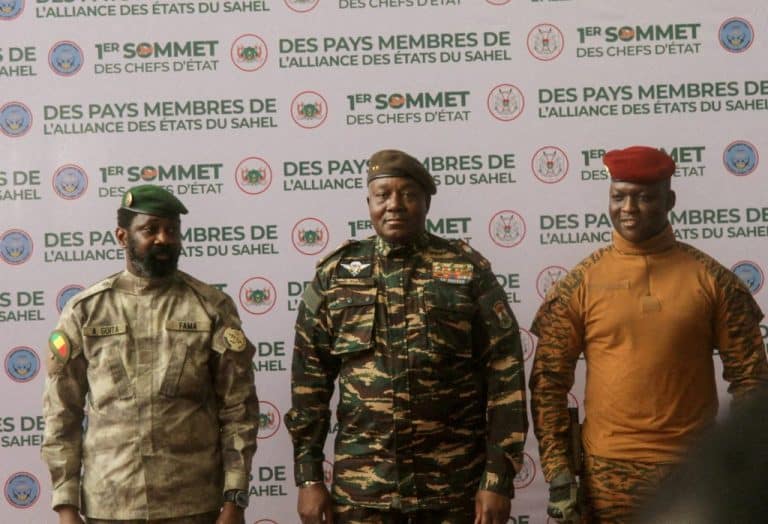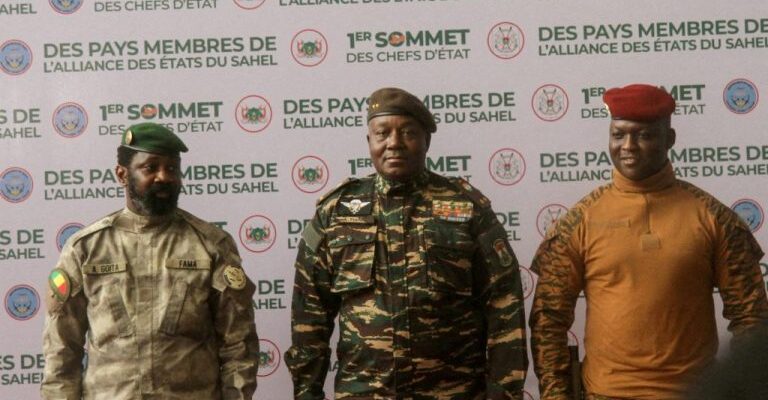
In a bold move signaling their growing economic autonomy, the military governments of Mali, Burkina Faso, and Niger have introduced a new 0.5 percent levy on imported goods from Nigeria and other member nations of the Economic Community of West African States (ECOWAS).
The decision, announced in a joint statement signed by the three governments, was reached last Friday and took immediate effect. The levy will apply to all goods imported from outside the three countries, with the sole exception of humanitarian aid.
According to the statement, the newly introduced levy will serve to finance the activities of the emerging three-state union, known as the Alliance of Sahel States (ASS). This move effectively ends decades of free trade within West Africa under the ECOWAS umbrella and underscores the deepening rift between the Sahel states and democratic powerhouses like Nigeria and Ghana to the south.
The Alliance of Sahel States initially formed as a security pact following the countries’ departure from ECOWAS last year. Each of the three states, led by military juntas that took power through coups in 2023, cited dissatisfaction with ECOWAS’s efforts to combat Islamist insurgencies and address security challenges as the reason for their exit.
Over time, the alliance has evolved into an aspiring economic union, with ambitious plans for deeper military and financial integration, including the introduction of biometric passports.
In response to their withdrawal, ECOWAS—led by Nigeria’s President Bola Tinubu—imposed economic, political, and financial sanctions, aiming to pressure the Sahel states to restore constitutional order. Despite these measures, the alliance has remained resilient against reintegration efforts.
Just last week, Ghanaian President John Mahama reported to President Tinubu in Abuja that diplomatic efforts to bring the three states back into the ECOWAS fold had so far proven unsuccessful.
As the Sahel alliance continues to solidify its stance, the new import levy underscores their commitment to establishing financial independence while drawing a clear line between their economic aspirations and the long-established regional order.

Comments